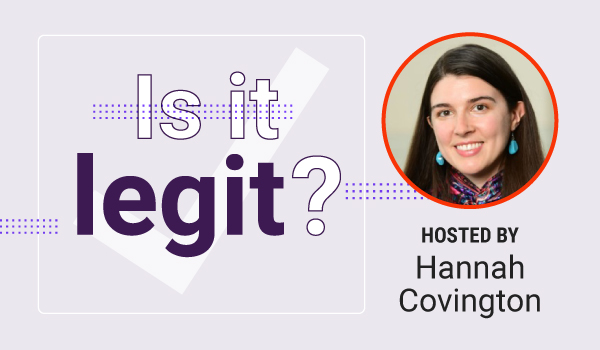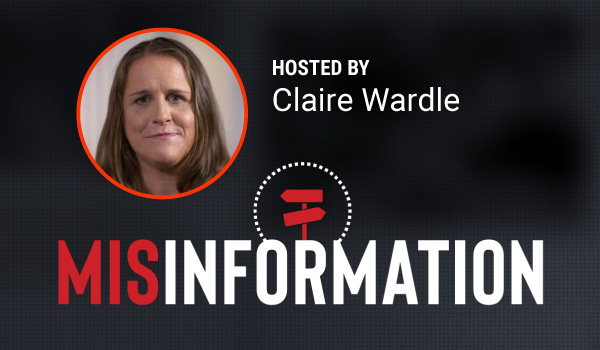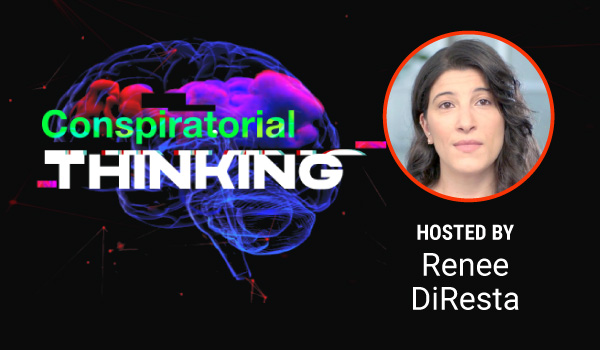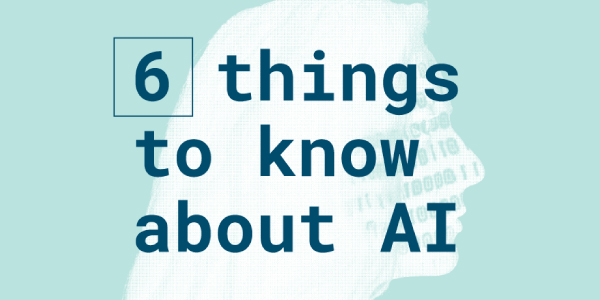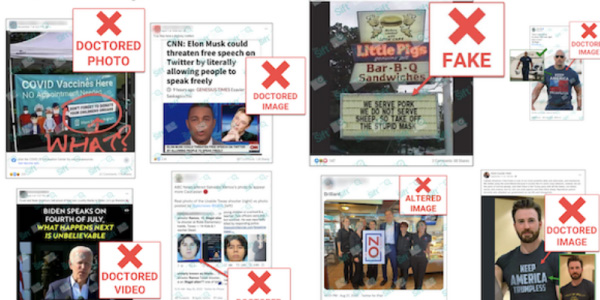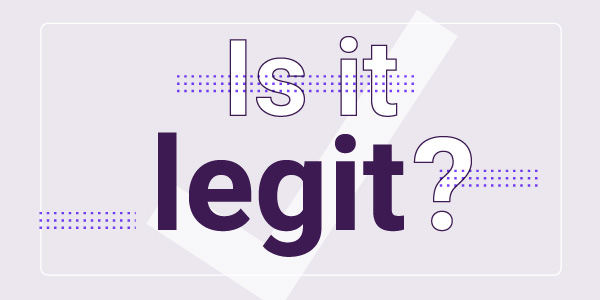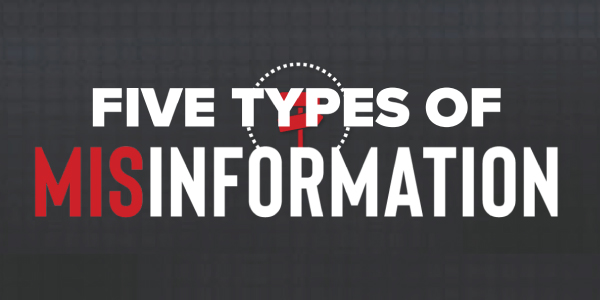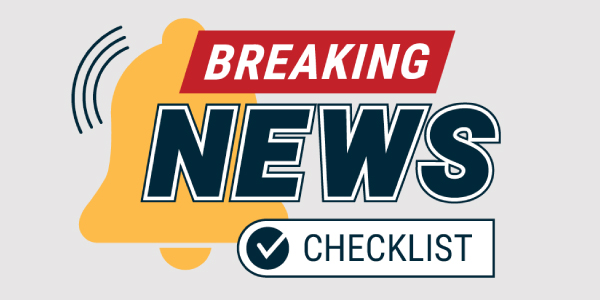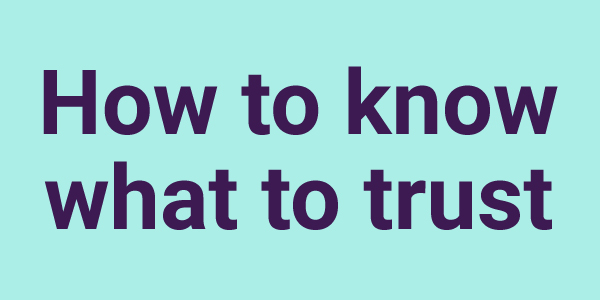Misinfo 101: Help students steer clear of misinformation

Educators, Join our free webinars, assign a Checkology® course and draw on a wealth of classroom resources, all designed to help you teach about misinformation in an election year.
In today’s world, misinformation is more than an inconvenience — it’s one of the greatest threats to our democracy. And whether your students are voting this fall or not, they need your help to learn critical news literacy skills: how to steer clear of rumors and falsehoods, and identify standards-based journalism.
That’s where our “Misinfo 101” course comes in. “Misinfo 101,” available on the News Literacy Project’s Checkology virtual classroom, is laser-focused on building students’ critical thinking and misinformation-busting skills. By assigning “Misinfo 101,” you’ll empower your students to navigate our complex information landscape with a healthy skepticism toward what they read online or encounter in their news feeds.
Need extra inspiration before assigning “Misinfo 101”? Join us for two educator webinars, each approaching misinformation from different angles. You can also count on our additional classroom resources (listed below) to help your students develop the ability to not only recognize misinformation but counteract it effectively.
Webinars
AI, the Digital Landscape, and Misinformation-Busting Superpowers for Students
Tuesday, April 16
5 p.m. ET/2 p.m. PT
Join the News Literacy Project’s Peter Adams and Brittney Smith for an edWebinar focused on misinformation in today’s digital landscape, including a close look at generative AI. In addition to discussing fundamental tools and tips for fact-checking and misinformation-busting, we’ll explore how AI technology continues to evolve — and can even be used to enrich the learning experience.
Topics will include:
- The state of today’s digital landscape and its implications in an election year.
- Strategies for helping students determine the credibility of evidence and sources.
- Best practices for teaching about misinformation and conspiratorial thinking.
Why press freedom matters: Exploring Evan Gershkovich’s case
Wednesday, May 1
5 p.m. ET/ 2 p.m. PT
Join the News Literacy Project and the Wall Street Journal for an important conversation ahead of World Press Freedom Day (May 3). Press freedoms, the legal and/or constitutional protections that journalists have to do their jobs, are fundamental to democracy. Without press freedoms and the standards-based reporting they enable, we risk the further spread of misinformation, disinformation and declining trust in institutions.
In this edWebinar, we’ll look at a high-profile example of the denial of press freedoms: the case of Wall Street Journal reporter Evan Gershkovich, who was wrongfully detained in Russia last year on bogus charges of spying. Wall Street Journal assistant editor Paul Beckett, who leads the Journal’s efforts at securing Gershkovich’s release, will discuss the case with NLP’s Brittney Smith.
Misinfo 101 Course
The “Misinfo 101” course on NLP’s free Checkology virtual classroom contains four lessons, as well as four supplemental activities (called “Check Center Challenges” and “Missions”) designed to support a curriculum, unit or lesson plan about misinformation.
Students learn how to identify and debunk misinformation, guard against conspiratorial thinking and effectively evaluate evidence and claims.
Highlights of “Misinfo 101” include:
- “Is it Legit?”, a Check Center Challenge introducing five steps for evaluating news sources for signs of credibility. Students learn to recognize red flags that signal a source should be avoided. This lesson is hosted by NLP’s Hannah Covington.
- “Misinformation,” a lesson in which students learn to understand different types of misinformation and the ways that misinformation can damage democracy. Hosted by misinformation expert Claire Wardle.
- “Conspiratorial Thinking,” a lesson in which students learn to recognize conspiracy theories and explain what makes people vulnerable to conspiratorial thinking. Hosted by conspiracy theory expert Renée DiResta.
- “Can You Search Like a Pro?”, a Check Center Mission in which students take their search skills to the next level by helping research the “Birds Aren’t Real” conspiracy theory. Hosted by disinformation expert Cindy Otis.
Additional lessons and supplemental activities include: (Click to expand)
- “Evaluating Science-Based Claims.”
- “Be Health Informed.”
- “Evaluating Evidence Online.”
- “MisinfoChallenge: Fact-checking 101.” (Please register or log in to your Checkology account to preview this activity.)
To assign “Misinfo 101,” first sign in to or register for your free Checkology educator account (don’t worry, registration takes only a few clicks!). Create a class, assign a course and select the “Misinfo 101” preset option. That’s it! Check out this short step-by-step video for everything you need to know about how to assign a preset course on the Checkology virtual classroom.
More Resources
Use this curated selection of resources to guide students in discussions and activities about misinformation. The resources include helpful explainers about misinformation and conspiratorial thinking, practical tips on how to approach AI, pointers on how to think about breaking news and more.
Don’t wait to teach your students the critical media and news literacy skills they need to spot and debunk misinformation. It’s easier than you think to start your students down the path of being misinformation savvy.
